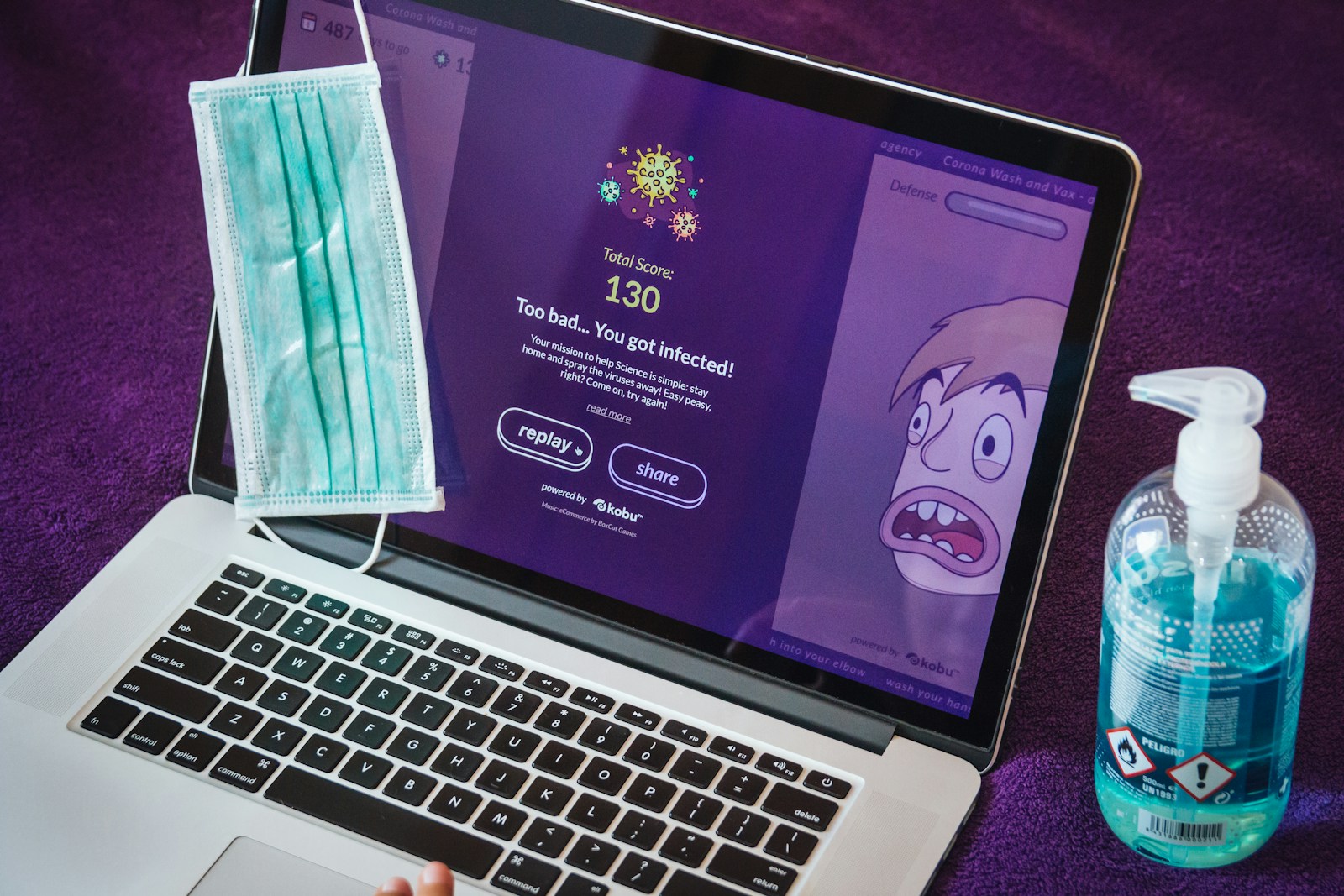How To Protect Your Computer Against Viruses
When you click “download” or open that strange attachment from a colleague, you’re allowing tiny bits of code to nestle into your computer’s systems. Sometimes, that code is harmless, a delightful GIF or a trusted program update. Other times, it’s a virus. And much like a rogue bacterium in your body, it doesn’t take long before the virus starts wreaking havoc. Protecting your computer from viruses isn’t about knowing everything malware creators know—it’s about being just good enough at a specific set of habits and tools to reduce your vulnerability.
Why Viruses Exist: A Brief Context
Just like those early hackers in the ’90s who were more interested in bragging rights than harm, not all viruses today are created to destroy. But whether it’s for mischief or massive financial gain, every virus has a purpose programmed by humans who wake up every morning in pursuit of their peculiar goals. They’re not geniuses, necessarily, but their persistence is impressive. Viruses thrive because of one single truth: most people underestimate their role as the gatekeepers to their own devices.
1. Install Security Software
In today’s digital terrain, having antivirus software is a must. It doesn’t have to be perfect—it just has to be committed. Programs like Norton, McAfee, or even free tools like Windows Defender are there to protect you against known threats. The real mistake isn’t choosing one antivirus software over another; it’s failing to install one at all.
What About Updates?
Viruses evolve, much like invasive species in a natural ecosystem. New threats emerge every day, and keeping your antivirus software updated ensures you’re armed with the latest defense mechanisms. Regular updates aren’t just helpful—they’re crucial.
2. Be Cautious With Emails and Downloads
Imagine you receive a beautifully wrapped package at your door. Most of us wouldn’t let just anyone set it on the living room table without checking the label or verifying it’s safe. Emails and downloads deserve the very same skepticism. Those unexpected attachments or too-good-to-be-true offers could easily be Trojan horses.
Spam Filters Are Your Allies
Don’t underestimate the humble spam filter. It weeds out many potential threats before they even hit your inbox. But remember, no technology is perfect. You are the final filter.
3. Keep Your System Updated
You might not recognize the names of the developers who coded your operating system’s updates, but their vigilance is what keeps many viruses from exploiting your computer’s vulnerabilities. Microsoft, Apple, and Linux all release patches regularly, shoring up weaknesses before bad actors can exploit them.
The Convenience Trap
It’s easy to click “Remind Me Later” when an update notification pops up. We’re all busy. But that temporary delay can open up the tiniest crack in your system, a crack a virus doesn’t need genius to widen.
4. Use Strong Passwords
The password “123456” isn’t going to win awards—except maybe for being one of the most common passwords around. Weak passwords are an open door for malicious actors. Creating strong, unique passwords for your accounts is essentially locking that door and adding a deadbolt.
Password Managers Can Help
Tools like LastPass or Dashlane store all your complex passwords safely, so you don’t have to rely on memory or bad habits like writing them down in plain sight.
5. Avoid Public Wi-Fi Without Protection
Sipping coffee while browsing on public Wi-Fi feels like freedom, but that connection often has fewer safeguards than your home network. Public networks are a playground for attackers waiting to intercept your device’s data.
VPNs To The Rescue
A Virtual Private Network (VPN) creates a secure tunnel for your data to travel through, shielding you from potential eavesdropping while on public Wi-Fi. Think of it as an invisibility cloak for your internet connection.
Technology as a Two-Way Street
Kevin Kelly once suggested that technology advances symbiotically—it evolves, and we evolve alongside it. While viruses will always find new ways to adapt, we too can evolve in our habits, our vigilance, and our tools. The digital arena isn’t won by genius; it’s won by showing up, paying attention, and persisting in the simple practices that keep our systems safe.
“`
